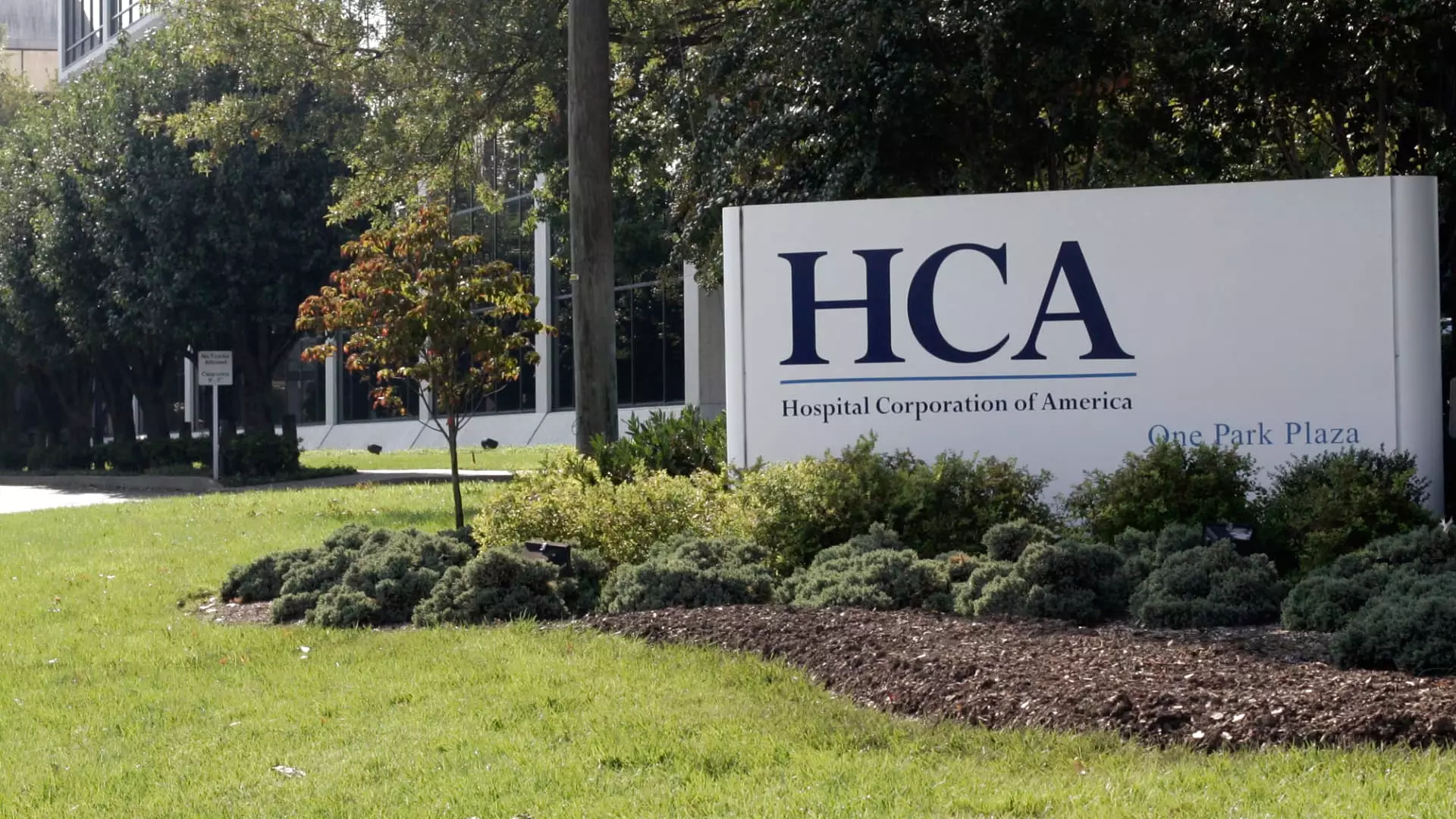As we embark on a new year, the stock market has exhibited signs of volatility, especially following 2024’s remarkable performance, where the S&P 500 championed its second consecutive annual gain of over 20%. However, the final trading sessions of the year revealed a shift in momentum, as major U.S. indices ended on a down note. The anticipated “Santa Claus rally” that typically accompanies the holiday season failed to materialize, contributing to a cautious sentiment among investors. The broad market index recently managed to halt a consecutive five-day losing streak but nonetheless concluded the week in a negative territory, marking its third weekly decline in four.
This context of declining stock prices allows investors to identify various opportunities hidden among oversold stocks. By employing tools like the CNBC Pro stock screener, savvy investors can pinpoint equities that have exhibited extreme price declines relative to their usual movement. The metric used to gauge this oversold condition is known as the Relative Strength Index (RSI), which allows market participants to assess whether a stock is undervalued or has potential for a rebound.
One of the standout aspects highlighted by stock screener data is HCA Holdings, a prominent player in the healthcare sector. Presenting an RSI of merely 22.4, HCA has undoubtedly captured the attention of investors scrutinizing oversold equities. The backdrop to the stock’s decline relates closely to the shifting political landscape following the election of President-elect Donald Trump, which raised concerns among investors regarding the future of healthcare policies like Medicaid and the Affordable Care Act.
Despite this grim outlook, analysts maintain a consensus buy rating for HCA, with an average price target suggesting an approximately 37% upside potential. The dissonance between analyst optimism and the stock’s recent performance raises questions about whether investors are overreacting to legislative uncertainties. With HCA’s stock down almost 9% over the last month, this could represent a unique buying opportunity for those willing to look beyond the immediate pressures facing the healthcare industry.
Turning to the consumer sector, Molson Coors Beverage emerges as another notable mention amongst oversold stocks, with an RSI plummeting to 23.5. This beverage giant, known for its iconic Coors Light, has faced headwinds recently amid evolving public health narratives. A recent advisory from the U.S. Surgeon General linking alcohol consumption to heightened cancer risks has caused a ripple effect, sending shares down approximately 10% in the last month.
While Wall Street maintains a hold rating on the stock, expectations for a rebound remain, with analysts projecting a possible 13% upside ahead. Notably, Bank of America analyst Brian Spillane has expressed optimism regarding the upcoming calendar year, predicting a normalization of sales volume within the U.S. beer industry. His upgrade of Molson Coors to a buy rating, along with a raised price target of $70, indicates a strong belief in the stock’s potential resurgence, even amidst recent turmoil.
In addition to the healthcare and beverage sectors, the steel industry has also made the oversold list, with companies like Nucor and Steel Dynamics grappling with adverse market conditions. The combination of weakened demand in manufacturing and construction sectors, coupled with rising prices on certain steel imports, has led to significant stock price declines.
As the industrial landscape adapts to changing market demands, investors may find value in reassessing these steel companies. The current overselling could present a strategic entry point for those looking at longer-term investments within the structural framework of the economy.
While the recent market pullbacks might instill caution among investors, there lies a hidden landscape of opportunity through the identification of oversold stocks. Companies like HCA Holdings and Molson Coors, among others, showcase the potential for rebounds, driven by analyst optimism and the intrinsic value of their operations. However, as always, potential investors must conduct thorough due diligence and consider both market conditions and company fundamentals before making investment decisions. In an environment that oscillates unpredictably, the ability to identify value amidst adversity can yield significant rewards.

